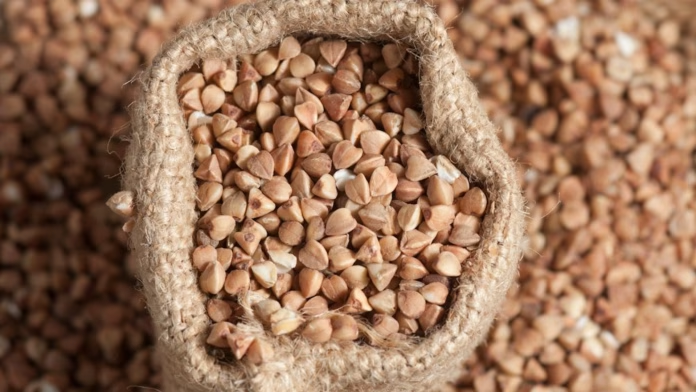If you’re looking for a healthy alternative to grains like wheat, buckwheat may be just what you need. Buckwheat is a gluten-free seed that is packed with nutrients and has been linked to a range of health benefits. In this article, we’ll take a closer look at buckwheat and explore whether it’s really good for you.
What is Buckwheat?
Buckwheat is not actually a grain, but rather a seed that is related to rhubarb and sorrel. It has a distinctive nutty flavor and is often used in place of grains like wheat and barley. Buckwheat is gluten-free, making it a great option for people with celiac disease or gluten intolerance.
Health Benefits of Buckwheat
Buckwheat is a nutrient-dense food that is rich in protein, fiber, and a range of vitamins and minerals. Here are some of the potential health benefits of including buckwheat in your diet:
- Improve Heart Health
- May Help Control Blood Sugar Levels
- May Aid in Digestion
- May Promote Weight Loss
Potential Side-Effects of BuckWheat
Despite its numerous health benefits, consuming buckwheat can also lead to some potential side effects. Here are a few things to keep in mind:
- Gastrointestinal Issues: Buckwheat is high in fiber, which can cause digestive issues like bloating, gas, and constipation. People with sensitive stomachs may experience discomfort after consuming buckwheat.
- Allergies: Buckwheat is a common allergen, especially for people who are allergic to pollen. Buckwheat can cause allergic reactions like hives, itching, and swelling. If you have a history of allergies, it’s best to avoid consuming buckwheat.
- Thyroid Issues: Buckwheat contains goitrogens, which can interfere with the function of the thyroid gland. Eating large amounts of buckwheat can lead to an enlarged thyroid gland and other thyroid-related problems.
- Blood Sugar Issues: Although buckwheat has a low glycemic index, consuming it in large amounts can still cause a spike in blood sugar levels. This can be especially problematic for people with diabetes.
How to Add Buckwheat to Your Diet
If you’re interested in incorporating more buckwheat into your diet, there are plenty of ways to do so. Here are some simple and tasty ideas:
- Buckwheat Porridge
- Buckwheat Pancakes
- Buckwheat Salad
- Buckwheat Flour
- Buckwheat Noodles
- Buckwheat Groats
Our Verdict:
Buckwheat is a highly nutritious food that can be a great addition to a healthy diet. It is gluten-free, rich in protein and fiber, and has been linked to a range of potential health benefits. If you’re looking for a healthy and versatile ingredient to add to your meals, buckwheat is definitely worth considering.





